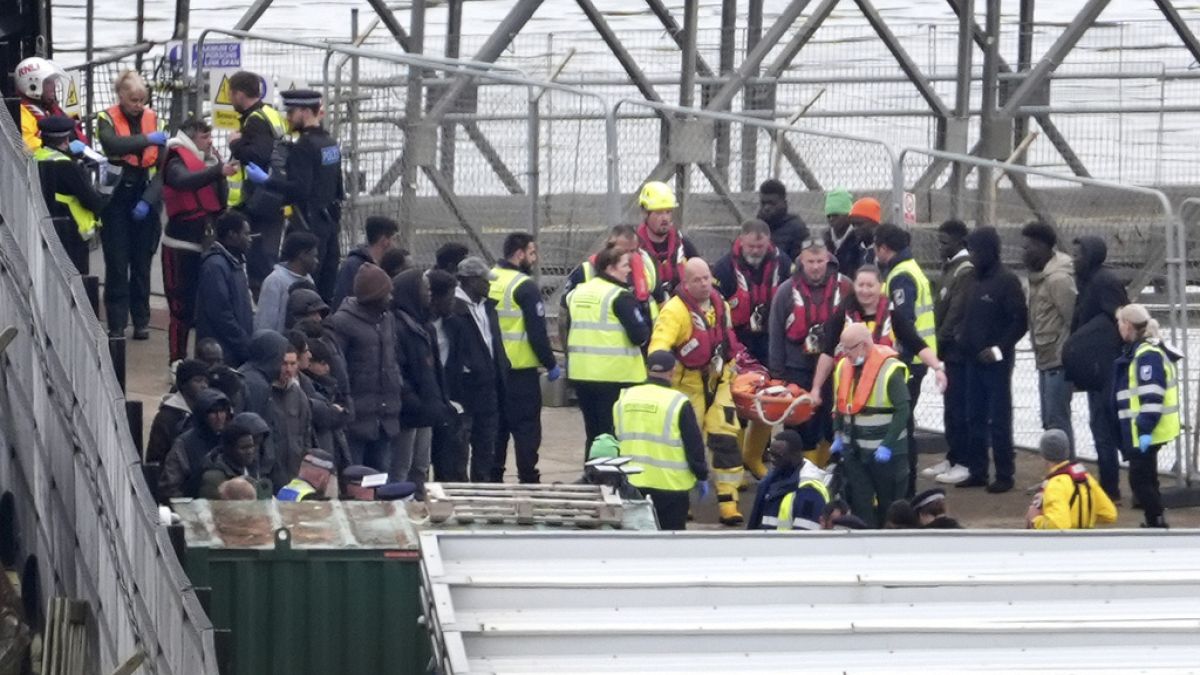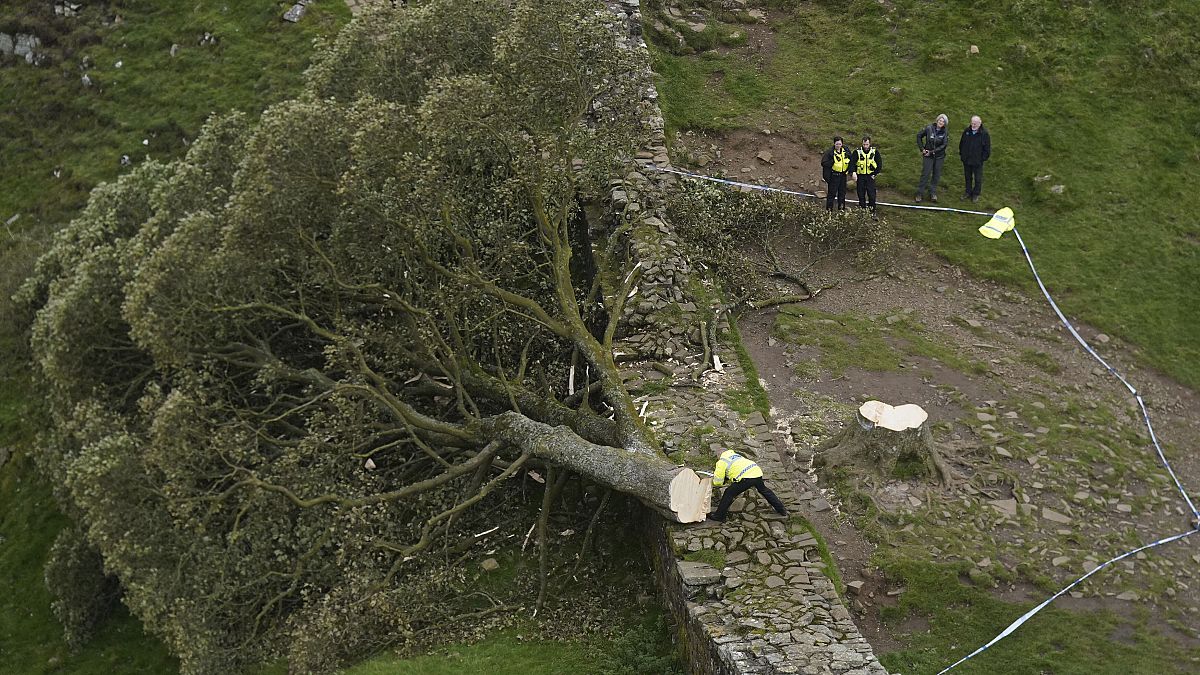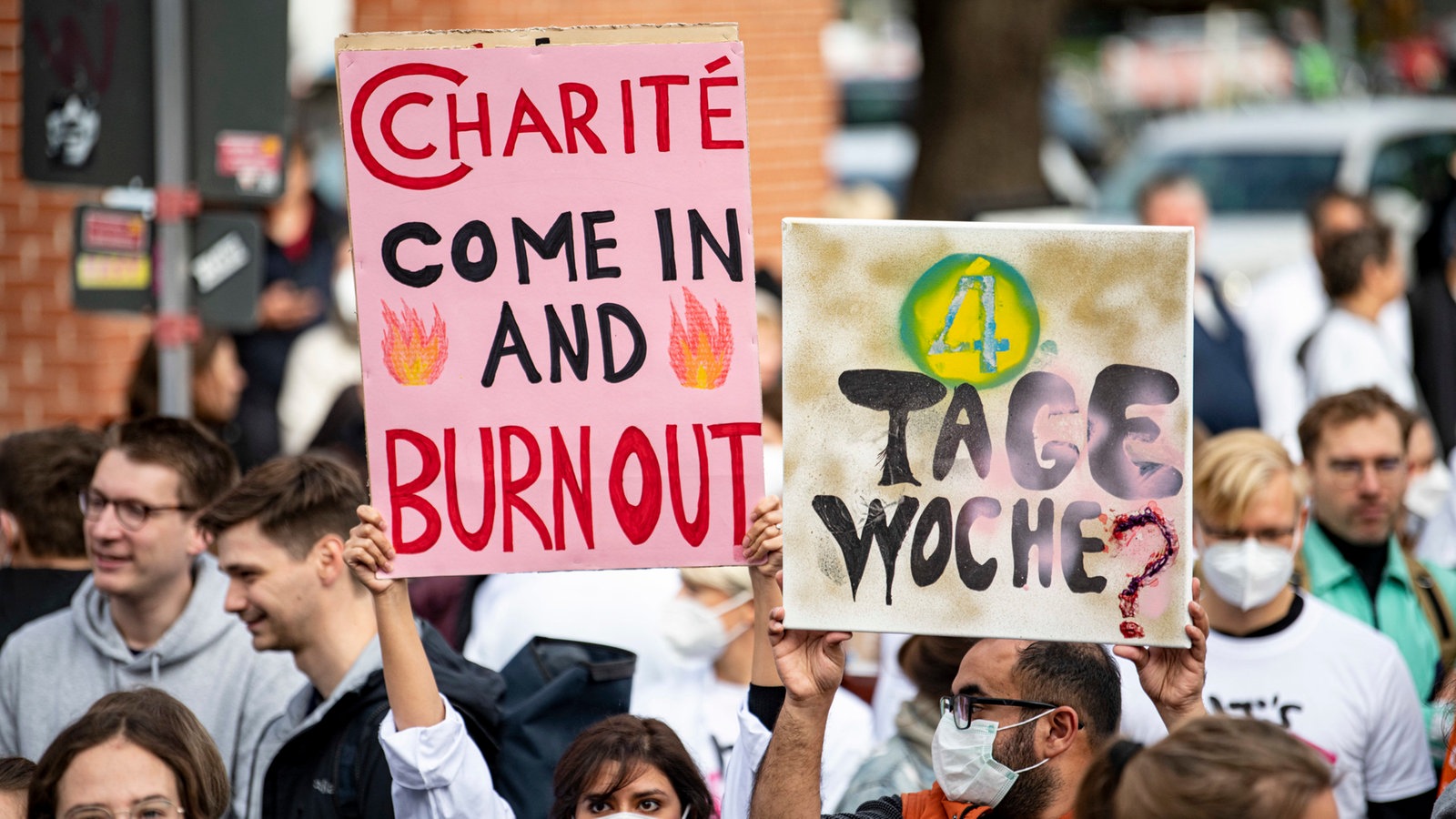The increasingly deadly crossings of the English Channel reignited Franco-British tensions. Three migrants lost their lives again at sea off Calais, trying to reach England on Thursday from northern France. Disappearances that add to an already alarming number of fatalities and for which the two countries blame each other. Above all, the migration crisis adds to a series of tensions that continue to cloud relations between the two powers, since Brexit. explanations.
What does the UK accuse France of?
Since January, authorities have reported three dead and four missing at Canal crossings. A record that is in line with the sad continuity of previous years, with six deaths in 2020, four in 2019. A fatality that the United Kingdom denies, rushing to blame its neighbor on the other side of the Channel. The number of immigrants “that we have seen leaving France” is “unacceptable”, reacted a spokesman for the British Home Office. “The British public is tired of watching people die while ruthless criminal groups profit from their misery,” he added.
So many reviews that do not go beyond Paris. “It is unacceptable that they are accused of instrumentalizing migrants and condoning the activities of criminal groups, while our forces are mobilized daily to save lives,” said the Interior Ministry, adding that “the instrumentalization of this issue for purposes of internal politics does not correspond to the challenge”.
What find?
The arrival of winter does not stop the crossing attempts. Again on Thursday, 1,185 migrants managed to reach English shores by boat. A new record, bringing the count since the beginning of the year to more than 22,000. However, these increasing attempts are not surprising, says Ekrame Boubtane, an economist specializing in issues related to international migration.
“We are facing a record number of displaced people in the world: more than 82 million, according to the United Nations. These displacements are the consequence of conflicts and, in general, of a deterioration of the security situation in several countries, such as Iraq or Afghanistan. These people then try by all means to reach a developed country”, says the professor at the University of Clermont Auvergne.
In addition, the application of Brexit has caused the “lack of a regular channel to request asylum in the United Kingdom,” adds the economist. Because since its divorce from the EU, the UK has exited the so-called “Dublin” regulation, a pillar of the European asylum system. Specifically, this regulation allows transfers of asylum seekers to other European countries, depending most of the time on the first country through which the person entered the European Union. So far, no deal has replaced the Dublin Regulation for the UK, but a controversial bill is on the table.
What politics in the UK?
The increase in the number of sea crossings is pushing the United Kingdom to tighten its immigration policy. Endorsed by Home Secretary Priti Patel as “fair but tough”, the bill aims to discourage illegal immigration and plans to treat asylum seekers differently depending on whether they arrived in the country legally or illegally.
Migrants seeking to enter the territory irregularly will face a prison sentence of four years, compared to the current six months. Smugglers will risk life in prison, compared to the current 14 years in prison. This controversial bill, still in the process of being adopted, “will fix the broken system that encourages immigrants to make this deadly journey”, defends the British Home Office. The country also intends to pay the 62.7 million euros promised to France to finance border control.
A security policy that will not be enough on its own, slices Ekrame Boubtane. “The UK has chosen to put the package under surveillance at the border, but the crossing attempts are not going to stop. The security policy will not be enough if we do not open regular migration channels that allow people seeking international protection to present an asylum application in the United Kingdom”, considers the economist.
In passing, the academic recalls that despite the fierce communication on the subject, the British State would have received only 4% of the asylum applications sent to Europe, between 2015 and 2019. “The United Kingdom, although the second power in Europe, so far it has played very little part in welcoming refugees: the state registered an average of 40,000 asylum applications per year between 2015 and 2019, compared to 110,000 in France, 360,000 in Germany or 88,000 in Italy”, reports the specialist.
What context?
Finally, it is hard not to see behind this umpteenth resurgence of tension a British desire to assert itself politically outside the EU. “Prime Minister Boris Johnson takes up with the migration issue his beloved themes developed during Brexit: national sovereignty, the government that does not bow to the EU…”, judge Thibaud Harrois, professor at the Sorbonne, specialist in British politics .
Above all, the migration crisis is part of a series of recent tensions with France due to Brexit (licences to preach, French submarines, etc.). All these are topics that allow Boris Johnson to flatter his conservative electorate, while making possible sarcasm of him forget, the academic recalls. “Boris Johnson is facing a corruption scandal. So when a government is in trouble, shifting attention to other issues remains a tempting option…”

“Extreme gamer. Food geek. Internet buff. Alcohol expert. Passionate music specialist. Beeraholic. Incurable coffee fan.”







